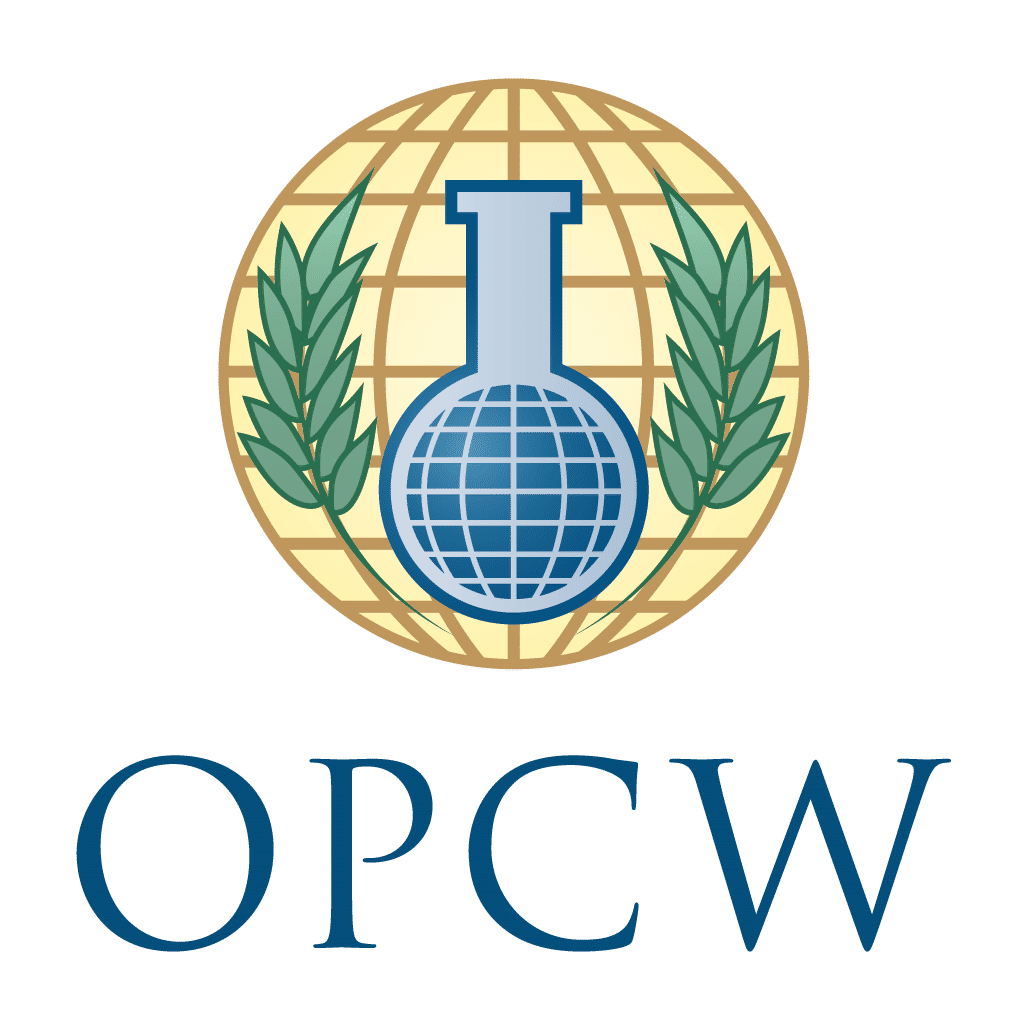It’s time to reaffirm that chemical weapons must be a horror of the past
Countries will come together this week to reaffirm the global consensus against chemical weapons, writes British ambassador to the Maldives James Dauris.

24 Jun 2018, 09:00
James Dauris
Almost 200 states are parties to the Chemical Weapons Convention (“the Convention”), the international disarmament treaty that outlaws the development, production, stockpiling, and use of chemical weapons and their precursors. Put another way, that’s almost all the countries in the world. Only three UN member states have neither signed nor acceded to it.
Here’s what Article 1 of the Convention provides:
Each State Party to this Convention undertakes never under any circumstances:
(a) To develop, produce, otherwise acquire, stockpile or retain chemical weapons, or transfer, directly or indirectly, chemical weapons to anyone;
Become a member
Get full access to our archive and personalise your experience.
Already a member?
Discussion
No comments yet. Be the first to share your thoughts!
No comments yet. Be the first to join the conversation!
Join the Conversation
Sign in to share your thoughts under an alias and take part in the discussion. Independent journalism thrives on open, respectful debate — your voice matters.




